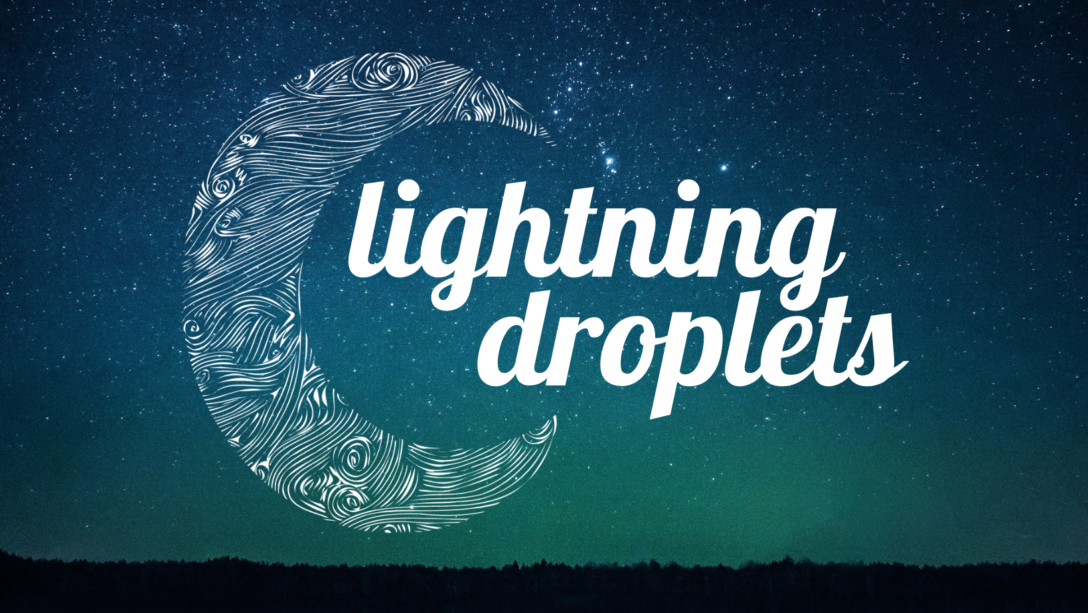The boat lay sprawled on top of the water. It floated on its back, legs and arms spread limply in all directions. Each limb had a rower attached to it, up to his knees in swaying water. I watched as small, listless waves tugged at the shorts of one rower, insisting he wade further from the shore. They all waited for me to wade closer. I hadn’t expected to get my feet wet, so my socks filled my upheld hands.
One by one, we slipped into the boat, as the others held it down on its back. I was last. We clumsily rocked and hit the oars, sending the hovering boat rocking. We hesitantly strapped our feet into stationary shoes that did not fit. We tried to find the right position in which to begin this new skill. My seat slid back as I attempted to squirm myself into a more natural posture.
The water sloshed around us as we tried to maneuver the large arms and legs extending from the boat. Four arms and four legs thrashed and splashed in the water, undaintily attempting to move in unison. The waves sniggered at our irregular rhythm, beating against the boat in a unison we could not achieve. My arm slapped another arm.
Above, sea gulls circled as if waiting for the thrashing-swimmer boat to drown. Though it was in no other way obvious, we could see we had moved because the fog now hid the shore. The sun had made its first appearance rising sleepily from the horizon. We made all the noise that was on the bay that morning. I looked to my oar and saw a pelican gliding across the water near us, his beak open in a mocking grin of our ungraceful endeavor. The sun rose higher.
We tried to just sit still, to find a balance on the boat that could be maintained, but the boat writhed beneath our weight, and attempted to push us of its belly. We held its arms and legs tighter. My knuckles began turning white, just from embracing the rod of the oar.
We began again, after our unsatisfying balancing act. Again the two sets of limbs entwined and were flung about, attempting a dignified dance, but looking misshapen instead. We sucked in breath and held it intermittedly, trying for a rhythm with each other that seemed unfeasible. I glared at the back of the rower in front of me. He was off.
It happened suddenly, and caught us off guard. The coxswain gasped. We could not tell whose limbs were whose.
They moved together, slipping into the water and caressing it as it moved against it.
slip…and…slip…and…slip…and…
slip…and…slip…
We moved together, pressing with our thighs and sliding back and forth in unison, pushing against the limbs of the boat. It glided beneath us.
slip…back…and…slip…back…and…
slip…back…and…
The boat created waves in perfectly timed wrinkles over the skin of the water. It cooed at us now, the sniggering could no longer be heard.
slip…back…slosh…and…slip…back…slosh…and…slip.
The sun rose higher and warmed us, but the fog remained, confining our sight to our little patch of water.
We moved faster, all our motions in unison. Large breaths escaped our lungs, chanting together.
slip back slosh blow slip back slosh blow slip back slosh
The shore came back into sight, and together our motions slows. Our oars dipped into the water, cooling and slowing the boat.
We dragged the hull of the vessel back on shore, lifting together. We held the boat as it was washed, not minding the water which found its way to our clothes. Our steps moved in synchrony as we walked home.



